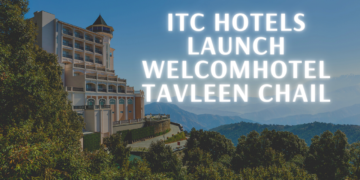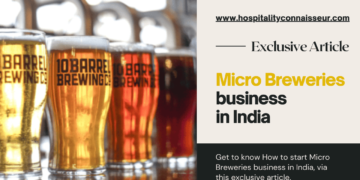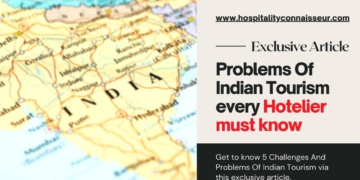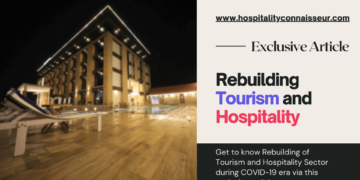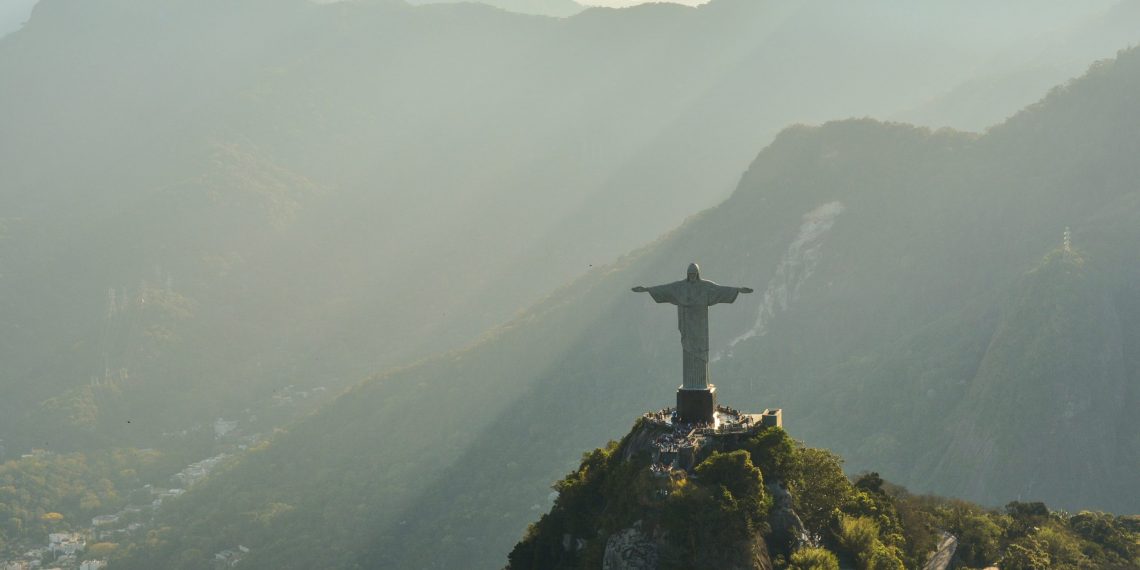“BRAZIL”
The only Country of Portuguese Customs in Latin America.
Official Name: Federative Republic of Brazil.
Location: South America.
Total Area: 8.511 million km².
Total Population: 210 million.
Capital City: Brasilia.
Famous Cities: Rio de Janeiro, São Paulo, Salvador & Porto Alegre.
Official Language: Portuguese.
Religion: Brazilian Roman Catholic.
HISTORY
Brazil, the fifth largest country in the world in terms of both area and population, was previously a Portuguese colony.
In April of 1500, the Portuguese sailor Pedro alvares cabral first arrived in this region of South America. Through the assistance of the Portuguese king, another sailor amerigo vespucci (From whose, The name America is derived) arrived in Brazil.
Due to the unique wood, named Pau-Brasil used in the region, it was named Brazil.
When the Portuguese occupied the region, The locals known as Red Indians were in a very poor condition And there were also some cannibal commotions in the Region.
Brazil is the only country in Latin America whose language and culture is Portuguese.
Frightened by the advancing French army in 1808, King Joao Idaho of Portugal arrived here in Brazil and established his court in Rio de Janeiro. He had to return back during 1820, when an internal uprising took place in Portugal and he departed by making his son as deputy of brazil.
When Portugal again tried to impose colonial rule in Brazil, this prince Pedro declared Brazil an independent country in 1822 and became the king himself. For the last several years there has been one or another military dictatorship in Brazil.
In both the First and Second World Wars, Brazil was in favor of the Allies. For the first time in 1964, the president-elect was elected by the citizens. But… until 1985, Brazilians often experienced dictatorships.
In 1985, federalist democracy was re-established in Brazil.
ECONOMY
Brazil is currently considered one of the fastest growing economies in the world. Brazil is the fifth largest country in the world in terms of G.D.P. (Gross Domestic Product). Brazil’s economy is a mixture of free market and government controls by its regulators.
In the last fifteen years, its average growth rate has been more than five percent. Brazil exports heavily, manufactured and semi-manufactured goods.
Brazil has the largest number of multinational companies operating in all the countries of South America and this has led to the awareness of many local companies. Even so, in Brazil there is still a high level of literacy inequality.
CULTURE
Brazilian culture is a mixture of its native inhabitants and Portuguese customs and traditions.
About 100 percent of the country’s population speaks Portuguese, and this is an important element of Brazil’s national unity.
Of course, people from Europe as well as Japan and South Korea have come and settled here. The Indigenous here also speaks Tupian, Arawakan, Cariban and Gean as their Native language.
Many people of Portuguese origin in Brazil were married to men and women of the Natives, and after that a new breed was born, called ‘Mestizo’. In addition, the tribe called ‘Mulatos’ is made up of Portuguese and black slaves brought here from Africa.
Brazil has many species of European, African as well as Indigenous species, and thus its culture is diverse. The inclination towards family and family traditions is a distinctive part of Brazilian culture. In Brazil there is no such thing as family planning, so the family is vast.
The surprising thing is that relativism is considered a positive attitude here. Of course, there is a lot of discrimination in this society based on the degree of genetics as well as the differences in skin color.
CUISINE
The country Brazil is divided into Four time zones, The dishes and cuisine of the country varies with each region. Of course, their recipes also have an impact from other South American countries.
Things like cassava and guava can be seen in the mixture of food and Portuguese elements of the Native African slaves. The cuisine also include recipes like Feijoada, Brigadeiros and Pão de queijo famously.
The Brazilian diet also uses different animal meats, corn flour, fish, wheat, barley and custom vegetables as well as fruit.
CUSTOMS
Brazil is world-famous in customs and traditions.
The ‘Brazilian Carnival’ is celebrated every year, 46 days before the festivities of Easter. The origin of the carnival is in the festival of pagan saturnalia. Different congregations in cities from Brazil to the other end take part in this carnival.
Congregations from every city in Brazil take part in this carnival and in their group every women and men dances samba with happiness and celebration. This celebrating union passes through every street and road of the Country.
Many people from all over the world visit Brazil to watch this carnival and During the week of this carnival, there is a feeling that the country is doing nothing other than celebrating the festival.
This is Brazil. The Country of Celebrations, Customs and Rich History.




